Response Times to Expect in Your Job Application
• Average Response Times by HR • To Respond to Email • Inform Your Interview Dates & Results • To Reject or Make an Offer • Prepare & Send Formal Offer
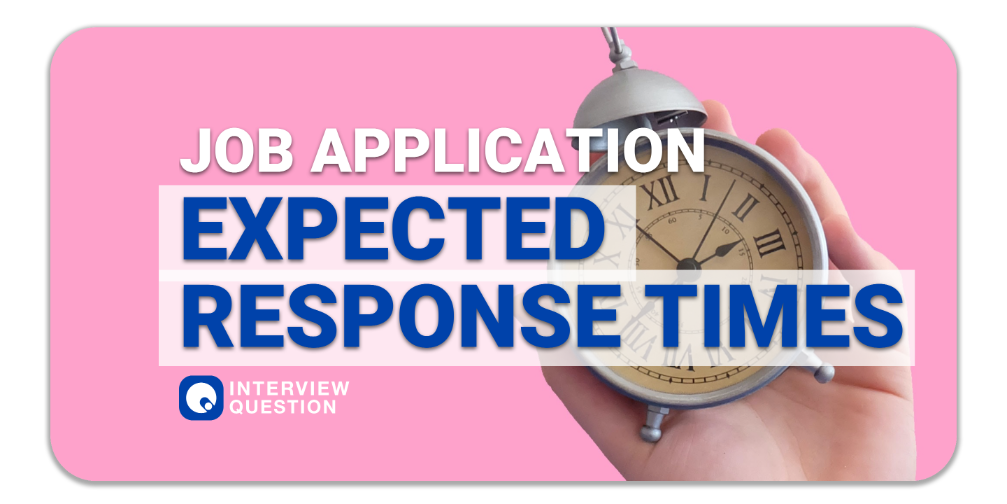
If you've ever applied for any job and had to wait unknown lengths of time to hear whether or not you get the job, you can relate to this. A vague mention of "a couple of weeks" isn't definitive. The average length of time for HR to review an offer isn't something that is discussed often, but if you know how long each step in the recruitment process will take can help set your expectations better during your job search.
Average Response Times by HR
How long do I need to wait?
Below are the response times that a job seeker can expect to wait based on the corresponding situations during the recruitment and job application processes.
List of Interview-Related Events & Response Times:
- To Respond to Your Email Request on Status of Your Job Applications: 1-7 days, or no reply
- To Call You for a Phone Interview: 1-3 weeks, or not phone interview not required
- Inform You of Your First Interview Date: 1-4 weeks
- Inform You of Interview Result (After 1st Interview): 2-3 weeks
- Inform You of Interview Result (After 2nd or 3rd Interview): 1-2 weeks
- To Reject Your Application: 1-30 days
- Make a Verbal Job Offer Letter: 1-5 days
- Prepare Your Formal Job Offer Letter: 3-7 days
- Send You a Formal Job Offer Letter: 1-2 days
- To Start You on Your First Day of Work: 10-30 days, start of the next month or based on your availability
Why You Should Not Keep Emailing to Check on the Status?
When you write in via email to ask about whether they have received, seen or processed your paperwork, HR has to go through a process of checking with the person in charge, and then writing back to you if the status has changed. Depending on how many other requests HR has received this may take anywhere from 1-7 days. This process is tedious and requires a lot of manual work for HR to carry out, so they need a substantial amount of time to coordinate.
Don't rush HR. This is one of the common interview-related mistakes made by many applicants.
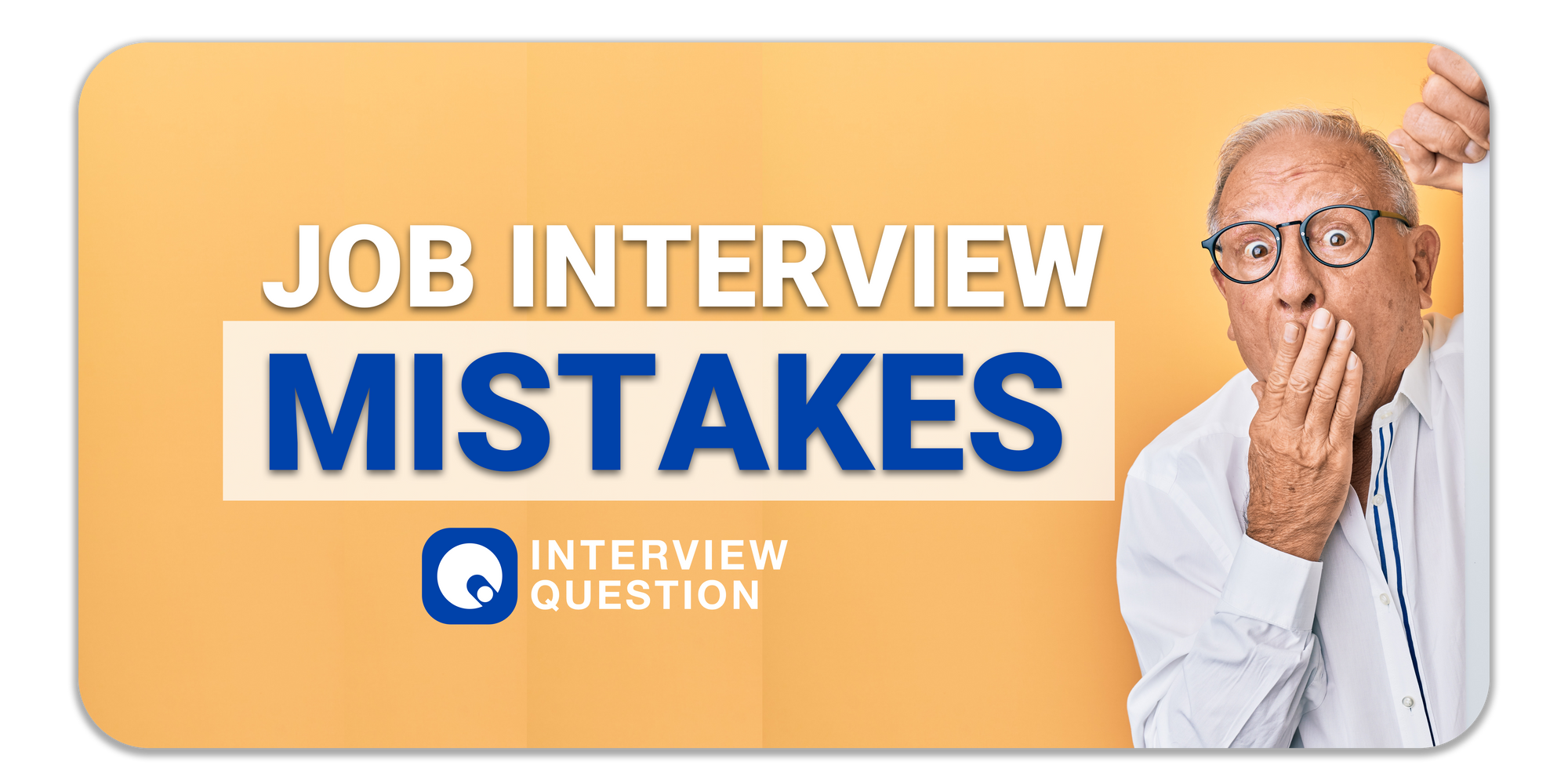
In recruitment for popular positions with hundreds or thousands of applicants, HR will not reply to such requests. The sheer number of such emails HR receives in comparison to the time they need to write back means that HR won't bother replying. In a situation such as this, HR will simply reply with an automated message saying that it's not their responsibility to respond if you haven't been shortlisted. Your follow-up email is disregarded. You should then know that your chances of getting an interview for this position are next to zero if too many weeks have passed.
Maybe... You Were Not the First Choice, So You Went On To the Waitlist
There is a chance that you were the second-best or third-best option, so interviewers will leave your application hanging until those candidates before you have made up their minds. Once those people give up the offer, a fresh offer will be sent to you.
Maybe... You Performed Badly
It is entirely possible that you gave consistent subpar answers, and bombed the interview. It is not to the extreme where you were eliminated or expelled from the running, but it's bad to begin with.
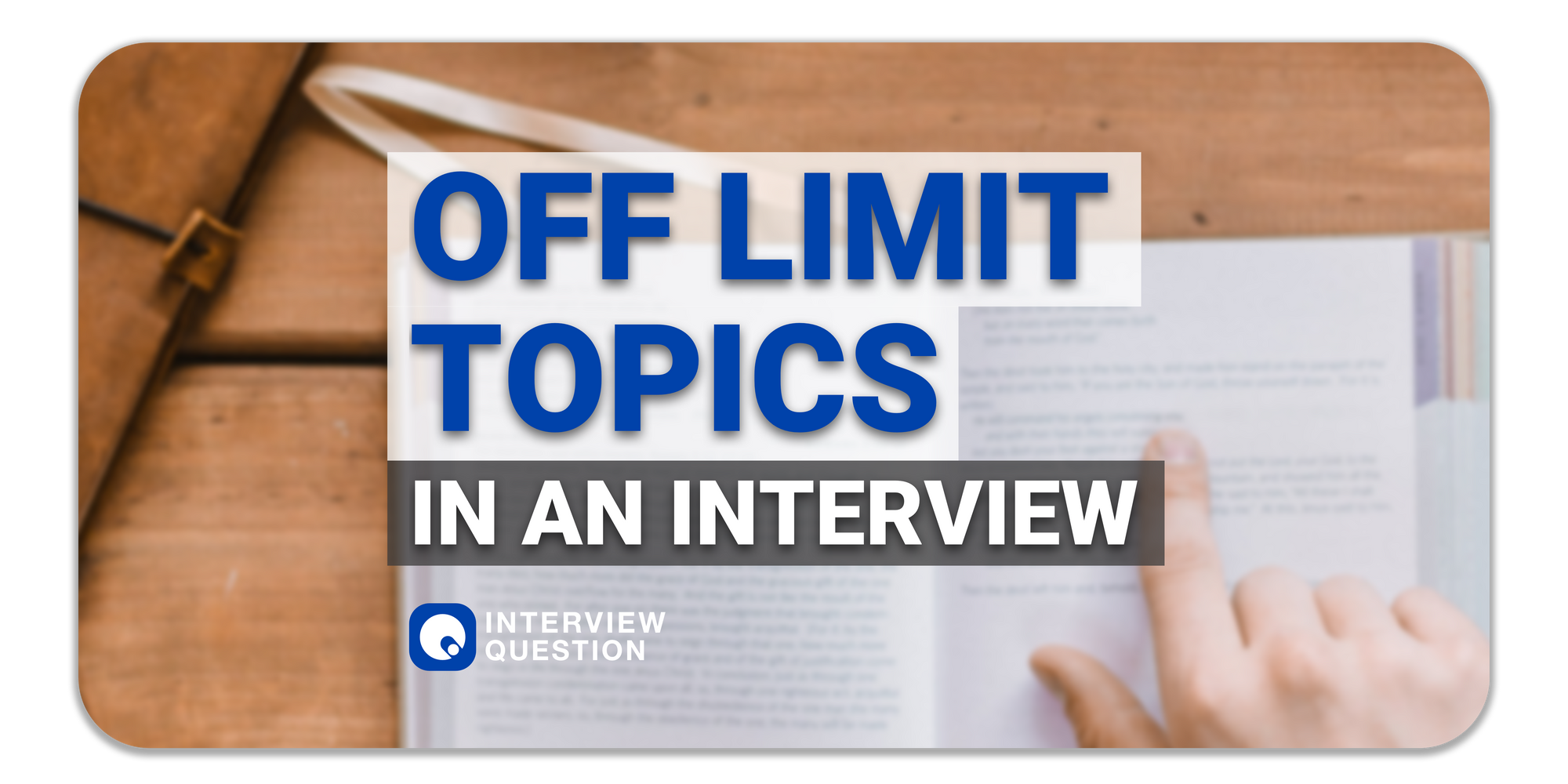
Maybe... Your Notice Period Is Too Long, So They Need Management Approval
Cases happen when they need an employee or expertise so urgently that they are willing to pay for his or her notice period just so they can leave early and join the new company as soon as possible. Buying over notice needs upper management approval since costs are incurred, so internally, the interviewer can be rushing to go through the red tape. As soon as they get the go-ahead, you may receive an email to inform you that the new company has already contacted your current employer and paid for the notice. The monies will not go through you (the employee). And you can just join the new company straightaway.
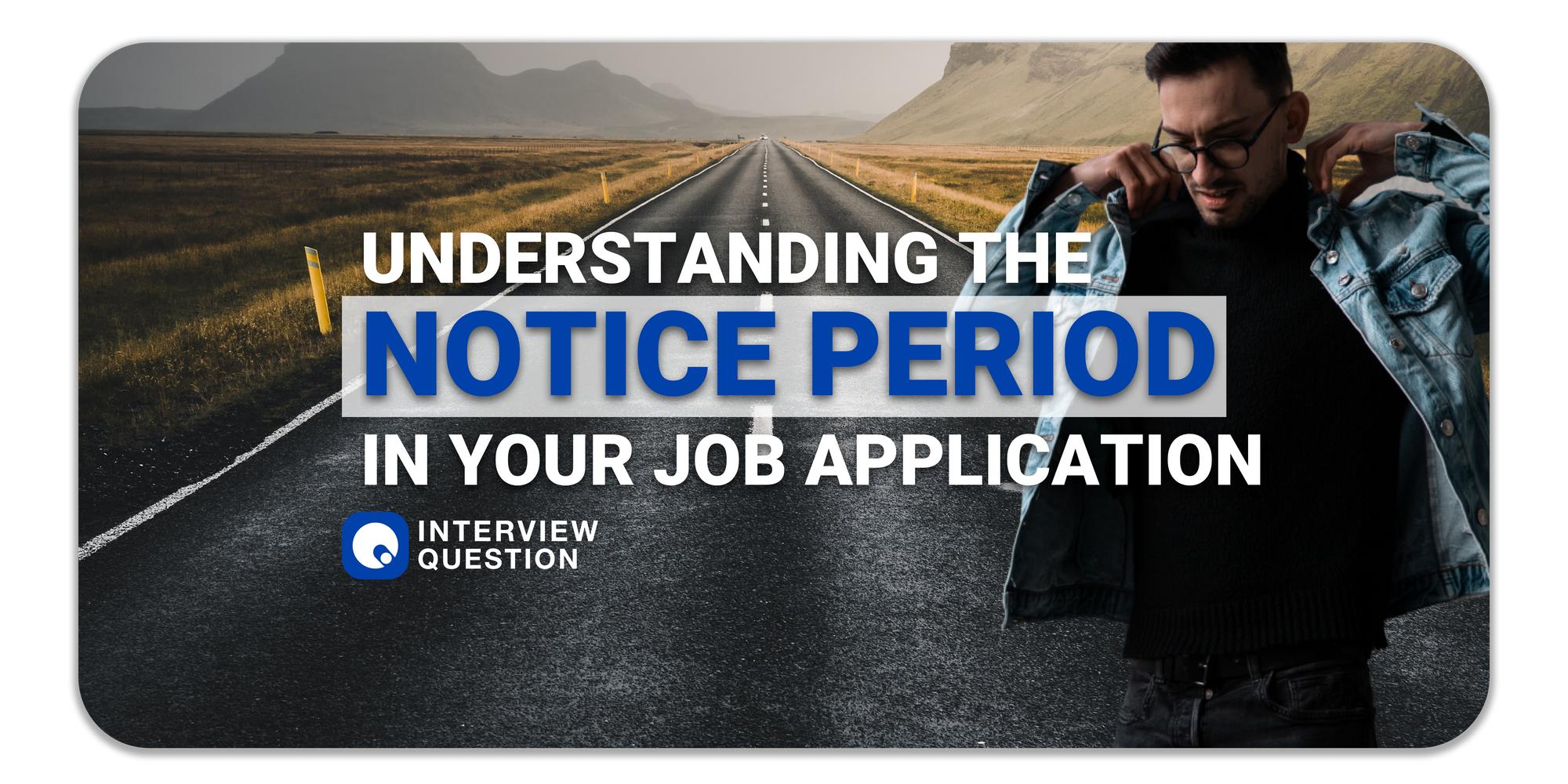
To Call You for a Phone Interview
Some companies will have a phone screening interview before inviting people for an in-person interview. HR will try to call you within 1-3 weeks of receiving your resume, and if they haven't telephoned you in this time frame it's unlikely that they'll contact you for this step. Depending on the number of applications and the workload of the HR department, the company may choose to skip the phone interview to directly invite you for an actual interview.
During the interview, prepare some questions to ask them as well.
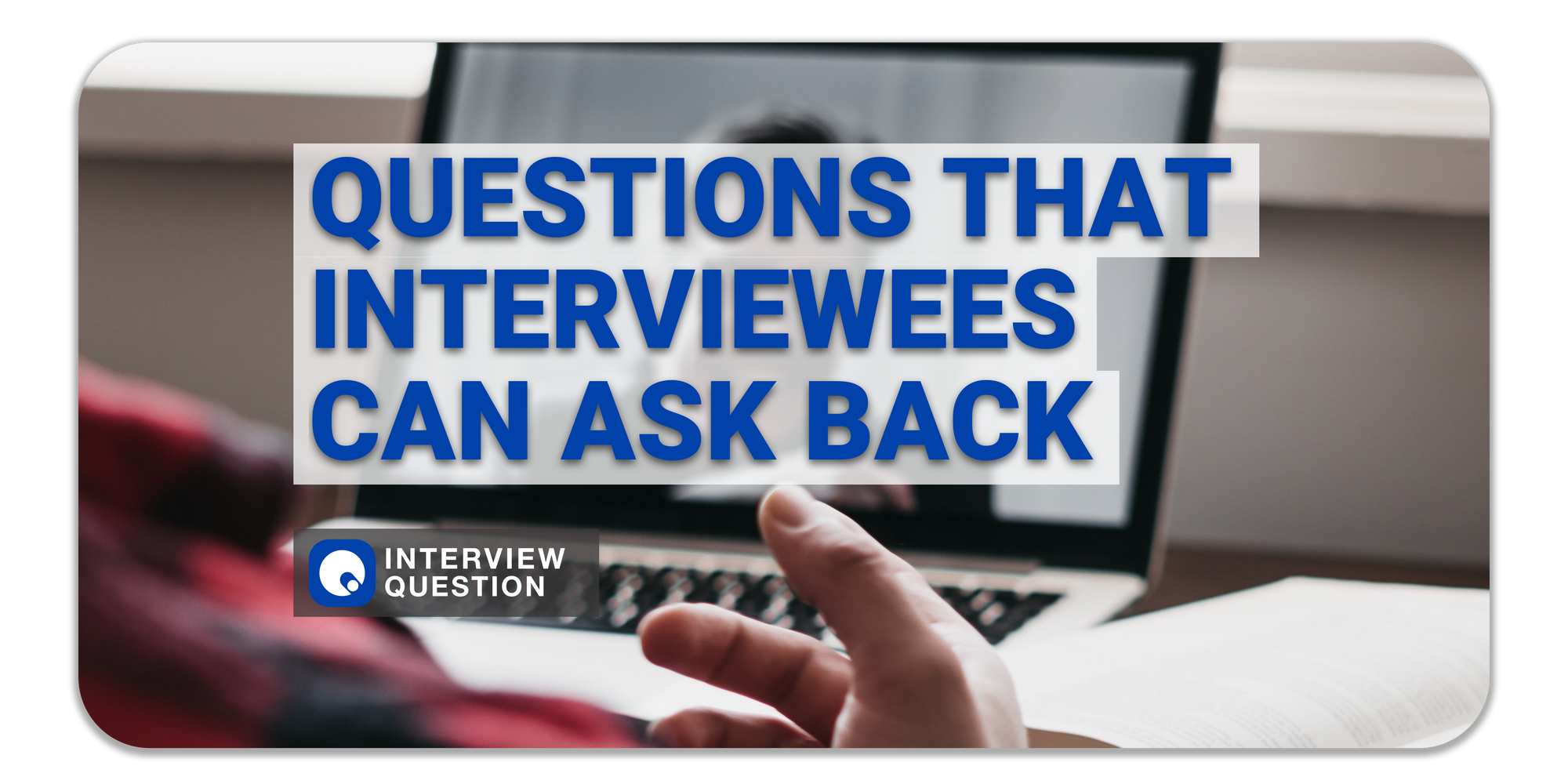
Inform You of Your First Interview Date
After HR has assembled a shortlist of candidates, the company or person who will conduct the interviews will need to set up dates and times for interviews. If HR has to coordinate this, it may take 1-4 weeks for them to let you know if you are chosen for an interview. Likely you will find out about the interview date, time, location and other details through an email with specific instructions. In the email, particular questions you may have will be answered FAQ-style, like - dress code, duration of interview (half/full day), things to bring (portfolio, resume, etc.)
Inform You of Interview Result (After 1st Interview)
After HR has completed its first interview, you will have to wait 2-3 weeks before knowing the result. This time is needed to see how the member of the recruitment committee felt after talking to you. This is because your interviewers will be busy with other responsibilities such as new applications, and will get back to HR their feedback on each candidate a few weeks later. By that time, HR will have consolidated all feedback from the interviewers, and decide whether or not to invite you for a second interview.
In addition to the projected response times, you can as for a more accurate estimate of the durations when you ask the interviewer directly in the interview itself. The opportunity to do so is during "Do You Have Any Questions for Me?"

Inform You of Interview Result (After 2nd or 3rd Interview)
For positions that have multiple interviews, HR will need a few weeks to evaluate the results of the various interviews as well as go over what candidates said in their own evaluations. This often means that it takes 2-3 weeks until you even know whether you've been shortlisted.
The time is needed to consolidate feedback from every interviewer for a second or third time. If your performance was good enough in the second interview and the hiring managers have no additional topics to discuss with you, chances are good that they will not have to invite you back for a third interview. When all the interviews have been completed, the hiring process is complete. You should expect to receive an offer or a rejection - see the next section for the wait times.
To Reject Your Application
Rejection is a common occurrence. A company will want to make sure that the best possible candidate has been chosen, and your potential employer has also evaluated the application of all candidates. If one candidate has been chosen ahead of you, but took weeks to decide and eventually did not accept the job offer, HR will need to go through the same process again - reviewing, contacting and waiting for the next best candidate. The opposite can happen, and the first candidate may immediately accept the offer. Therefore the company is likely to leave your application open until the position is filled, explaining for the really long 1-30 days timeline in order to reject your application.
Make a Verbal Job Offer
This happens at the end of all interviews. It takes 1-5 days to organize the wording and have the first draft, and then HR will send you a final draft that they approve before sending it out to you. If there are any typos in the final version of your offer letter, HR will need time to go back to their previous drafts and replace them with the latest version.
To Prepare Your Formal Job Offer Letter
After receiving the results for your interview - either an offer or a rejection - HR will need some time to prepare your formal job offer. They will send you an email about this, and you will then have to be patient until this is completed. For each department, HR will need a few days to compile all candidates' performance evaluations into one document. A total of 3-7 days response time has been reported in most cases.
Here is an article to direct you on how you can respond to a letter of offer.

Send You a Formal Job Offer Letter
HR will send you a formal job offer letter after you have signed your offer letter. The time taken to organize this depends on the number of people who have to sign it - if it's for a new position, and the CEO signs it, then it could take days if he or she is unavailable or on a business trip. The letter must be signed by the relevant parties (most likely Human Resources) before being sent to employees. Since the job listing has been preplanned together with the job scope, salary range and compensation specifics, 1-2 days of job offer letter generation is not unreasonable.
To Start You on Your First Day of Work
HR needs to fix a start date that is mutually agreeable between yourself and the department you work for. This may take a few days to organize both parties' schedules, but it can be done very quickly if HR handles this process. Typically you start work under 30 days from signing the job offer. Another specific start date could be the beginning of the upcoming month because it allows easy calculation of your salary on a monthly basis. In all, the date on which you begin your very first day of work is based on your availability and theirs.
Still employed? Then take note of how the notice period of your current job affects when you can start at your new job.


